Users on social media have uncovered a controversial use case for Google’s new Gemini 2.0 Flash model, which appears capable of removing watermarks from images—often from prominent sources such as Getty Images and other major stock media providers.
Last week, Google expanded access to Gemini 2.0 Flash’s image generation feature, which not only creates images from scratch but also allows for native editing of existing image content. While the feature is labeled “experimental” and “not for production use,” it has quickly drawn attention for its ability to remove watermarks by intelligently filling in the gaps left behind. Users on platforms like X and Reddit have demonstrated that the model can erase watermarks, effectively reconstructing the underlying image.
Despite similar functionalities available in other AI-powered tools, Gemini 2.0 Flash appears to perform exceptionally well at this task—and notably, it is free to use via Google’s developer-facing tools such as AI Studio. However, the model is not without limitations; it struggles with semi-transparent watermarks and those that cover large portions of an image.
The ease with which Gemini 2.0 Flash can remove watermarks has raised concerns among copyright holders. Unlike Anthropic’s Claude 3.7 Sonnet or OpenAI’s GPT-4o, which explicitly refuse to remove watermarks and warn that doing so is “unethical and potentially illegal,” Google’s Gemini model currently lacks strict usage restrictions in this area.
As the debate over digital content protection continues, copyright advocates warn that unrestricted access to such powerful editing capabilities may lead to increased infringement and misuse of copyrighted material, further complicating the legal landscape for content creators. Meanwhile, developers and users are left to navigate the fine line between innovation and ethical use of emerging AI technologies.
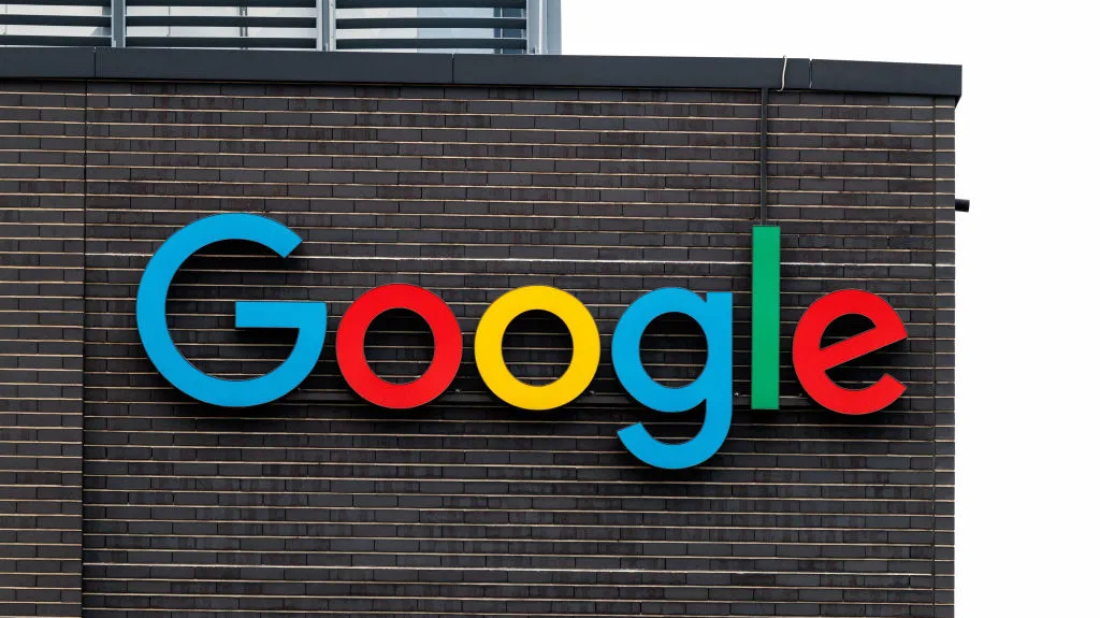


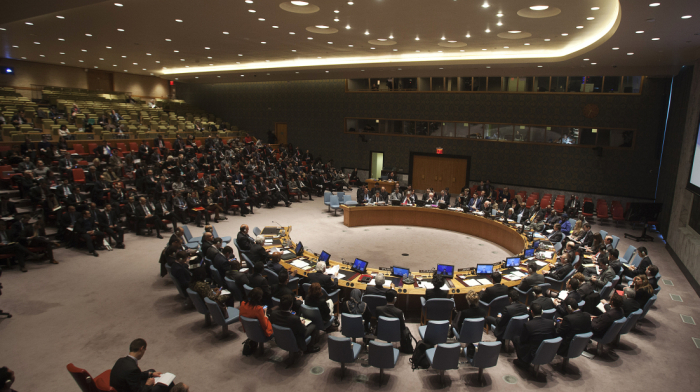

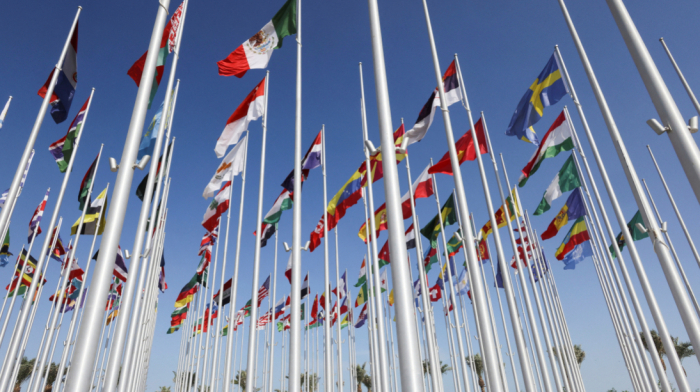

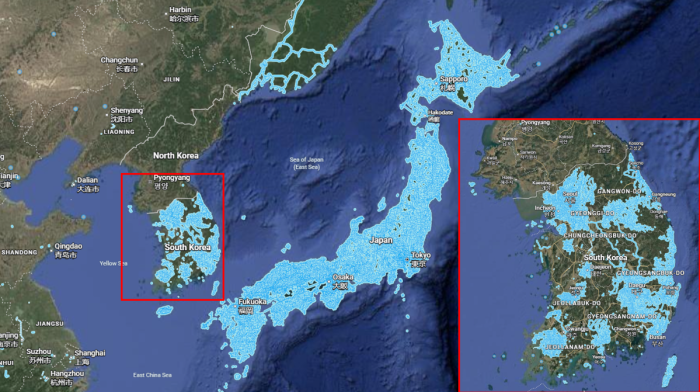
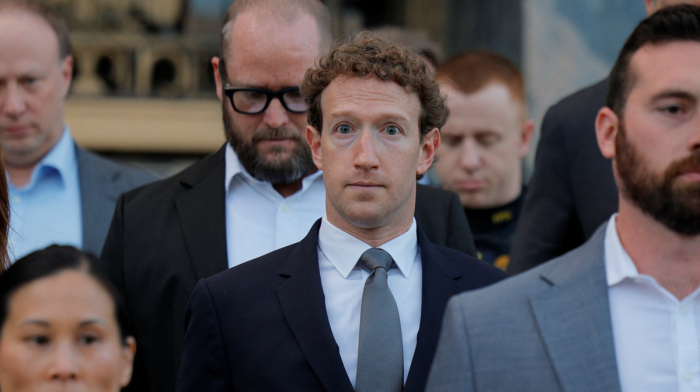
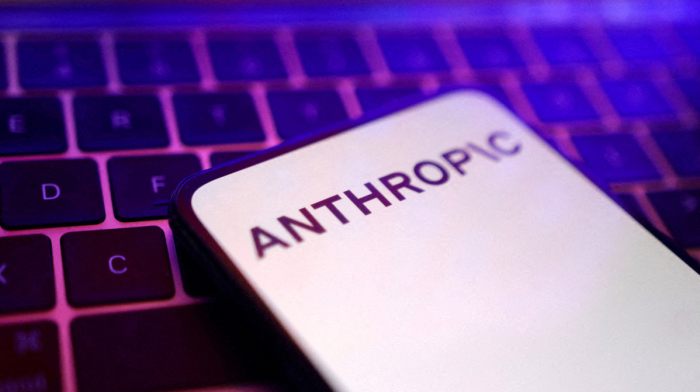








What is your opinion on this topic?
Leave the first comment